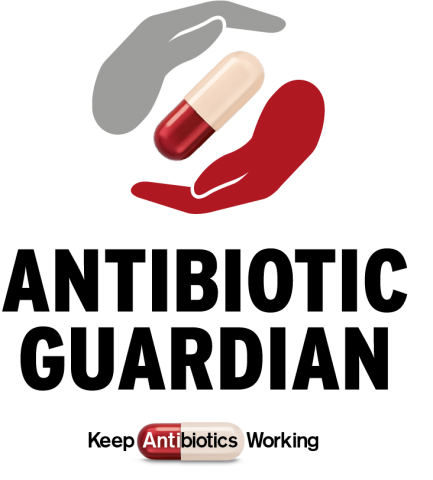Lives at risk: the future of antibiotics depends on you

The future of antibiotics depends on all of us to use them properly, so ahead of World Antibiotics Awareness Week (18-24 November) the Public Health Agency (PHA) is asking everyone to help keep antibiotics working.
Research has shown that a continued rise in antibiotic resistance could, by 2050, lead to 10 million people dying every year as a result.
Dr Jenny Mack, Public Health Doctor at the PHA, said: “If we continue to use antibiotics at the current rate, we could face a return to the days before they existed, when people died from simple infections and where the risk of infection made routine surgery life threatening.
“Antibiotics are important medicines used to treat infections caused by bacteria. Because antibiotics are not always used appropriately, bacteria are becoming resistant.
“As a result, some antibiotics have become less effective against the bacterial infections they were designed to treat. Infections caused by resistant bacteria can be very difficult to treat and can be serious.
“In recent years few new antibiotics have been discovered. We need to protect the antibiotics we have, to ensure they continue to work now and in the future.
“Antibiotic resistance is a threat to you and your family’s health. But you can help by taking some simple steps.
“Only take antibiotics when they are prescribed by your doctor.
"Remember, antibiotics are not effective against simple infections, such as a cold or flu. Most coughs, sore throats or earaches do not need antibiotics. Your body can usually fight these infections on its own.
“Your local pharmacist can provide advice and there are over-the-counter medicines to help manage your symptoms.
“If you’re worried, speak to a doctor who will be able to advise you on the best treatment. If your doctor prescribes an antibiotic make sure you take it according to the instructions. Make sure you complete the course and don’t just stop because you’re feeling better.
“It’s also extremely important that you never share antibiotics with anyone else or use leftover antibiotics.
“If each of us follows these simple steps we can all keep antibiotics working for the future.”
For more info on antibiotics and antibiotic resistance, visit www.pha.site/antibiotics
We’re running out of time to act – here’s how to play your part
- Most simple infections clear up on their own. Youcan visit your pharmacist for advice. Over-the-counter medicines may help you to manage your symptoms.
- If you do see your doctor, they’ll assess your symptoms and advise you on the correct treatment. Take your doctor’s advice and don’t demand antibiotics.
- If your doctor prescribes an antibiotic make sure you take it according to your doctor’s instructions.
- Complete the course and don’t just stop because you’re feeling a bit better.
- Never share antibiotics with anyone else.
Antibiotics don’t work against the flu, but the flu jab can help. For further information on staying well this winter, including details on how to get a free flu jab if you are in an eligible group, see www.nidirect.gov.uk/stay-well
Ends
- Research has shown that a continued rise in antibiotic resistance by 2050, would lead to 10 million people dying every year as a result. This report can be found at https://amr-review.org
